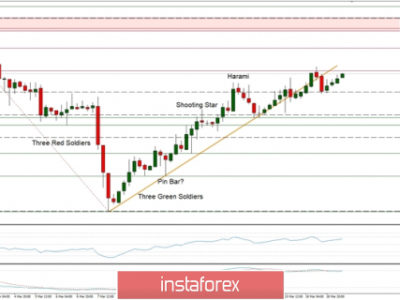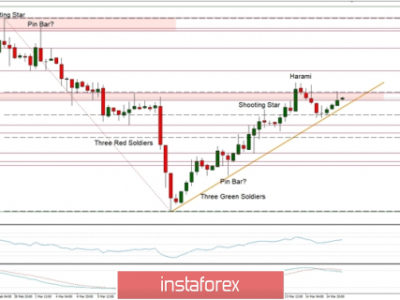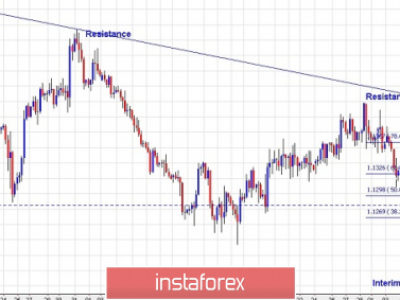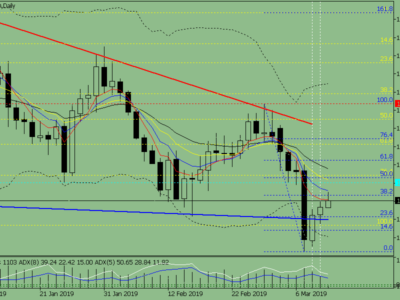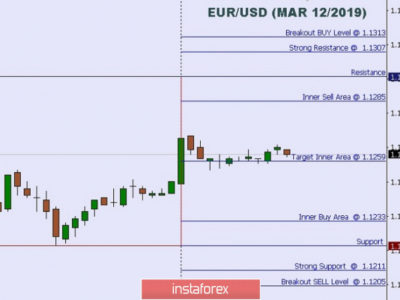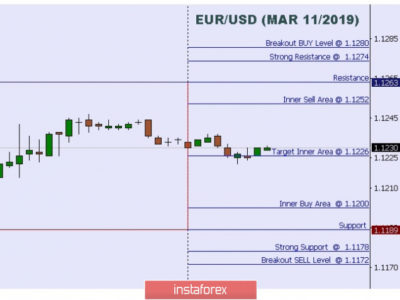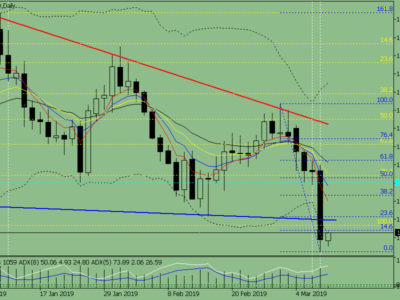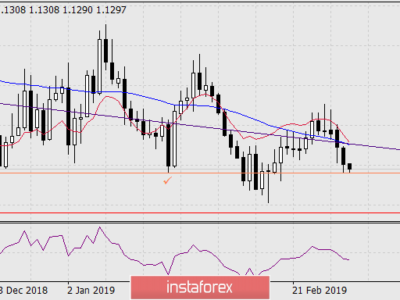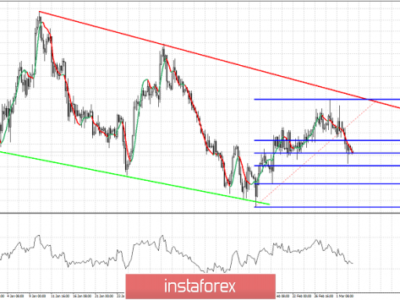EURUSD: Next turning on commute to parity
After breaking below 1.10 to set a new eleven year low at 1.0987 on Thursday evening, the euro is officially flirting with entering the next leg lower on its path to potential parity against the USD. In fact, the pair has just recorded a further fresh 11-year low at 1.0964 moments ago. ECB President Mario Draghi didn’t even have to say much yesterday afternoon, the Eurodollar recording a new milestone low was pretty much signed and sealed – it just needed to be delivered. There was a modest bounce back up to the 1.11 level after the ECB revised up some forecasts, which I think the bulls used as a complete excuse to push the price temporarily up, because this must have occurred after numerous downgrades in recent times.
While there is some room to suggest that Draghi appeared slightly more relaxed and upbeat than we have previously got used too, there is nothing in this that will prevent the EURUSD downtrend. It was expected that Draghi would unveil further needed details regarding the imminent QE program yesterday, and he did indeed provide the markets with this. It needs to be taken into account that the ECB are now just days away from officially implementing QE, which also means a new era of monetary easing for the central bank and another reason to expect continued currency weakness. The euro is looking extremely technically weak against a collection of different trading partners and if there is a USD strength following the NFP result later this afternoon (pressuring euro), market volatility is going to become very exciting.
As far as I am concerned, only potential USD softness is going to prevent a run of sudden euro losses against a variety of its trading partners. The EURGBP is one of the pairs that I am closely monitoring and at the time of writing its break below the tentative support around the 0.7228 area suggests that the path to an eventual 0.70 landing is being cleared. I am also noticing a very strong correlation at present where if the euro weakens, the CHF is also weakening. The rumours that the Swiss National Bank (SNB) has set another minimum exchange rate against the euro are continuing to circulate and although this has not been confirmed, this appears to be either happening or another large financial institution is hedging on it.
As repeatedly mentioned, the CHF is erasing the majority of its gains since the events on the 15th January and was always bound to do this. Traders completely ignored the Switzerland GDP figures earlier in the week, because it is common knowledge that at least the first half of the year for the Swiss economy is going to be negatively impacted by the stronger CHF. The comments from SNB President Thomas Jordan that the CHF was clearly overvalued also tells me that some sort of monetary easing is on its way from the SNB. Overall, if the repeated strain the euro is facing continues – and all signs are indicating this will be the case – I am not ruling out the possibility that a “treaty” of central banks might begin to purchase the euro. Aside from the currency decline hurting exporters, the lower import prices will also be contributing to the global inflation decline.
Elsewhere, the Turkish Lira is continuing to explode into further weakness. We are encountering a Ruble decline version 2.0, with the repeated battering the Ruble faced last year being replaced with the Lira. Central bank independence has come under scrutiny after President Erdogan spared no punches whatsoever in recent criticism of the Turkish Central Bank. Further interest rate cuts are pretty much being demanded, meaning further cuts are being priced into the Lira.
Written by Jameel Ahmad, Chief Market Analyst at FXTM.
Follow Jameel on Twitter @Jameel_FXTM
For more information please visit: Forex Time
NOTES TO EDITORS
FXTM is an international forex broker which provides access to the global currency market and offers trading in forex, precious metals, Share CFDs, ETF CFDs and CFDs on Commodity Futures. Trading is available via the MT4 and MT5 platforms with spreads starting from just 0.5 on Standard trading accounts and from 0.1 on ECN trading accounts. Bespoke trading support and services are provided based on each client’s needs and ambitions – from novices, to experienced traders and institutional investors. ForexTime Limited is regulated by the Cyprus Securities and Exchange Commission (CySEC), with licence number 185/12 and FT Global Limited is regulated by the International Financial Services Commission (IFSC) with license numbers IFSC/60/345/TS/14 and IFSC/60/345/APM/14.
The post EURUSD: Next turning on commute to parity appeared first on Forex Circles.

